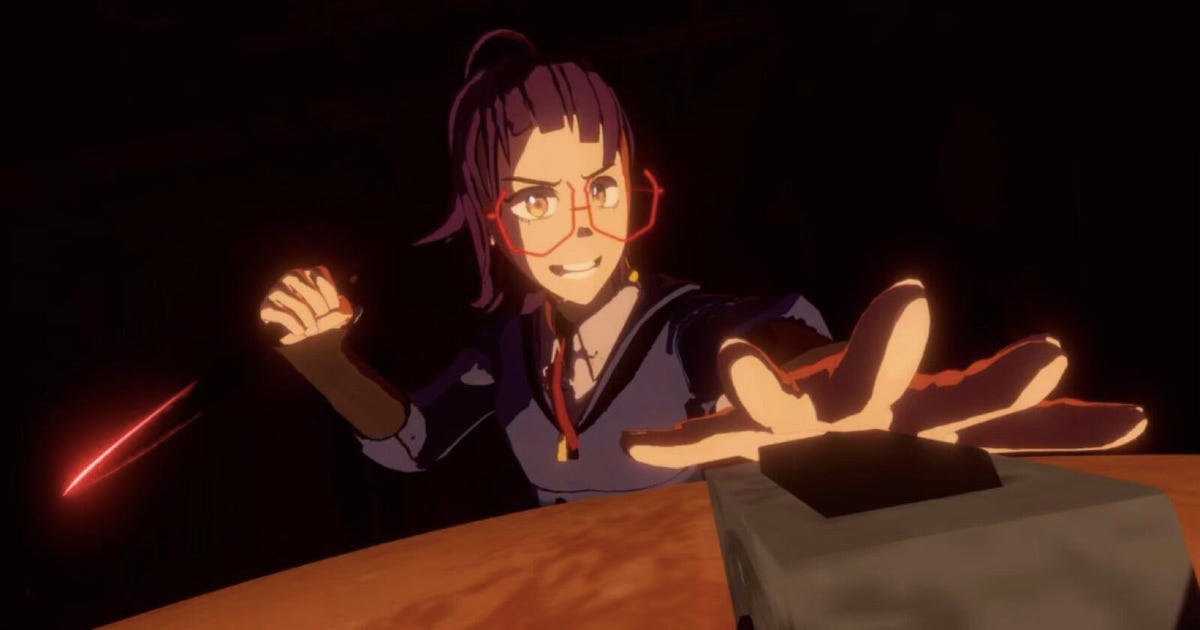
Rovio
Rovio has announced that it will be making 110 staff — of a global workforce of around 800 — redundant in a company “reorganisation”, as well as closing up its game development studio in Tampere, Finland.
The cuts, which were initially announced in early October, were fewer than anticipated, Rovio said.
“Rovio Entertainment Ltd has concluded employee negotiations announced on October 2nd this year. As a result, Rovio will reduce its workforce by less than the previously planned 130 employees,” the company wrote in a statement.
“Rovio estimates that its workforce will be reduced by approximately 110 employees. As part of its reorganisation, several positions have been opened for internal applicants. The final number of employees impacted depends on how many of these new positions are filled. Rovio will consolidate all its Finland operations in Espoo, resulting in discontinuing the Tampere studio operations under Rovio.”
The move follows the company’s financial report earlier in the year, where it announced that its net profits for 2013 — €26.9 million ($33 million)– had more than halved from the net profits for 2012, which came in at €55.5 million. At the time, CFO Herkko Soininen attributed the drop to investments outside mobile gaming.
Related articles
- Angry Birds maker Rovio taps new CEO for 2015
- Zynga presses pause on game launches as sales outlook drops
- King.com withdraws trademark application for “candy”
The company shot to prominence in 2009 with the release of Angry Birds for mobile, although it had previously developed a variety of games for other platforms. After the release of Angry Birds, however, the company concentrated most of its efforts around that franchise. It followed up with Angry Birds Seasons in 2010; Angry Birds Rio in 2011; Angry Birds Space, Angry Birds Star Wars and Bad Piggies in 2012; Angry Birds Friends, Angry Birds Star Wars II and Angry Birds Go in 2013; and Angry Birds Epic, Angry Birds Stella and Angry Birds Transformers in 2014.
In addition, it launched its own cartoon channel, which hosts its own Angry Birds cartoons: Angry Birds Toons, Piggy Tales and Angry Birds; as well as physical toys, a board game and other merchandise such as soft drinks and candy.
“After three years of very strong growth, 2013 was a foundation-building year. We invested in new business areas, such as animation and video distribution, ventured into new business models in games, and consolidated our strong market position in consumer products licensing. With these investments we have been gearing up for the future growing markets,” Soininen said.
The Angry Birds developer will retain its game development studio in Stockholm, Sweden, as well as its headquarters in Espoo, Finland, and its branch offices in Shanghai, China, Santa Monica, Calif., Seoul, South Korea, Tokyo, Japan and London.




